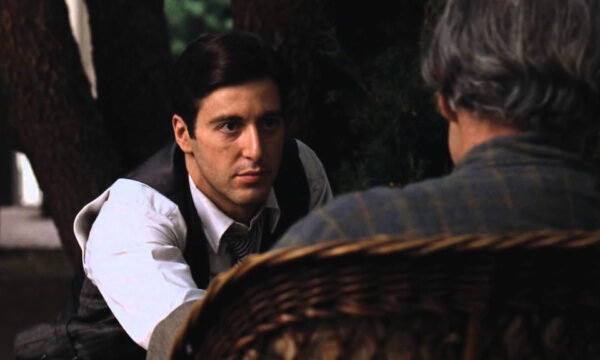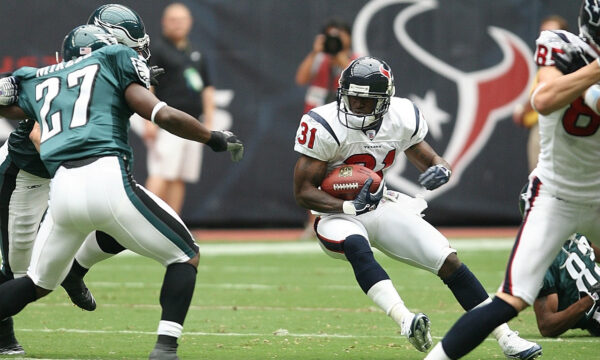Exploring the evolution of the Bingo game

Do people know how old the game is? It is probably older than many think, with its origins traceable back to 16th-century Italy.
As one might expect, the game played then is quite different from the one known today. After all, they did not have versions like Deal or No Deal Bingo in those days. So, just how much has the game changed over the centuries?
An Italian lottery
The version most of the people recognise wouldn’t emerge for some time. It was a game known as Il Gioco del Lotto d’Italia that was being played in the Italian towns of the 1700s.
As the name implies, this was a lottery game and it was played weekly. Rather than trying to match multiple numbers, only a single number was drawn per game. Not all that similar to the modern version at all.
But the game proved popular and soon started to spread to other countries. Its name was shortened to just Le Lotto once it made its way to France, becoming a big hit among the aristocracy during the 18th century.
At this point, things started to look more like today’s version – with cards of numbered squares for players to check off numbers as they were called.
Beano
By the early 20th century, a version of Le Lotto was introduced to North America. Various travelling carnivals and county fairs offered games, giving players beans to mark off the numbers on their cards. Naturally, this version of the game was known as Beano.
It wasn’t long before it caught the attention of New York salesman Edwin S Lowe, who would transform the game into its more modern incarnation. Lowe used his contacts to create a commercial edition of the game and renamed it to Bingo.
Lowe’s efforts saw it spread throughout the US and proved such a hit that international varieties also adopted the name.
Rise of the halls
Dedicated venues for the game didn’t come into being until some decades later. UK Bingo really took off after the implementation of the Gaming Act 1960, as the relaxation of laws around gaming encouraged the creation of the halls.
While in the UK may have the same name, the game was different from the US format in some key ways. Firstly, there are more balls used in the British version – 90 compared to the 75 used in the US – and the layout of the card itself is completely different. Plus, only UK callers used the now-famous rhyming slang to refer to each individual number.
The jump to online
Thanks to the arrival of the internet at the tail end of the 20th century, the game underwent a new evolution. The move towards online play encouraged developers to try out new variations on the classic formats, as well as giving players the chance to choose their preferred format.
This led to games like the speed version – which only uses 30 numbers – and themed games that draw on popular TV shows like Deal or No Deal.
Surprisngly, the game came a long way from its start as an Italian lottery and only continues to evolve in the digital age. Who knows where this classic could go next?
The editorial unit






















Facebook
Twitter
Instagram
YouTube
RSS